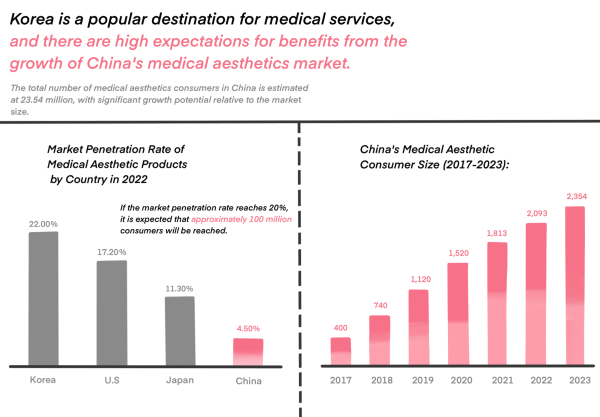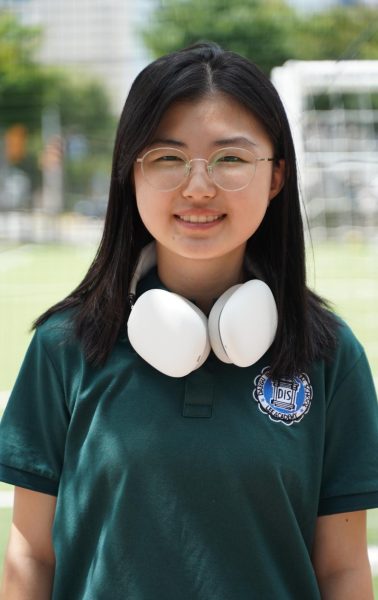Xiahongshu, also known as Rednote to English speakers, enters the Korean social media scene with a sleek blend of minimalist design, user-generated content, and e-commerce features that appeal to today’s digitally savvy youth. Beneath its clean interface lie deeper concerns about data privacy and a troublesome reinforcement of toxic Asian beauty standards.
Originally launched in China as a product review site, Xiaohongshu has since evolved into a multifunctional platform that seamlessly integrates short videos, social posts, and e-commerce into one addictive feed. Ms. Zhu, a long-time user of Rednote, said, “On TikTok, videos just pop up randomly—you don’t choose. But on Xiaohongshu, or ‘Red Note,’ you select the content you want to see. It has both picture posts and video posts, and there’s shopping built into the app.”
The app also paves its way into business. Kwon Gyu-beom, the exclusive distributor of Xiaohongshu in Korea, said, “The introduction of Xiaohongshu into the domestic market will create a new channel for small businesses, brands, and clinics to directly reach Chinese customers, boosting inbound tourism and revitalizing the local economy.”
Despite its potential, Rednote’s aggressive data collection concerns users. Like TikTok, Chinese data laws govern Xiahongshu, which raises international worries about surveillance and personal information misuse.
Limited language accessibility compounds the risk, as many foreign users may unknowingly agree to invasive terms and exchange sensitive information without full acknowledgement of the risks. Ms. Zhu said, “The app is in Chinese, and most of the content is as well. There are translation functions, but video content isn’t automatically translated. Some videos have subtitles, but they’re usually just in Chinese and English, not Korean.”
In addition to privacy issues, Rednote comes into the spotlight due to its reinforcement of lookism and excessively harsh beauty criteria. Sure enough, the app’s content revolves around physical perfection, with punchy titles like “Face Genius,” “Ultimate Beauty,” and “Explosion of charm.” These posts largely contain polished, filtered images that conform to narrow beauty standards. This function distorts reality and pressures young users, particularly teens, into harmful self-comparisons.

Rednote’s commercialization of beauty extends beyond social media posts. As the influence of Korean content increased, the number of Chinese consumers willing to become aesthetically idealized Korean celebrities has led to a surge in medical tourism from China in the post-pandemic years. Through influencers and targeted ads, the platform links Chinese consumers with Korean clinics. “Users look up things like the best clinics, surgeries, or beauty salons—even in places like Korea,” said Ms. Zhu.
While this trend may bring profit to companies, it reinforces harmful notions that physical appearance determines personal value, not their inner qualities or achievements. Youth often feel pressured to conform to these ideals to gain acceptance or success.
Therefore, Rednote should not monetize their app at the expense of users’ well-being and instead reflect on the broader implications of the content they promote. With significant influence over Korean youth and culture, the company has a responsibility to acknowledge this power and act accordingly. Once the app prioritizes positive impact over profit, Rednote has the potential to become a meaningful and responsible player in the Korean media landscape.
Although Rednote brands itself as a “trustworthy partner,” it must establish reform measures to earn the title in Korea. The platform must expand language accessibility, implement transparent data privacy policies, and diminish the algorithmic spread of distorted appearance-focused content. Without these changes, Rednote reduces itself to yet another digital space that prioritizes profit over respect for digital culture and its users.





















































